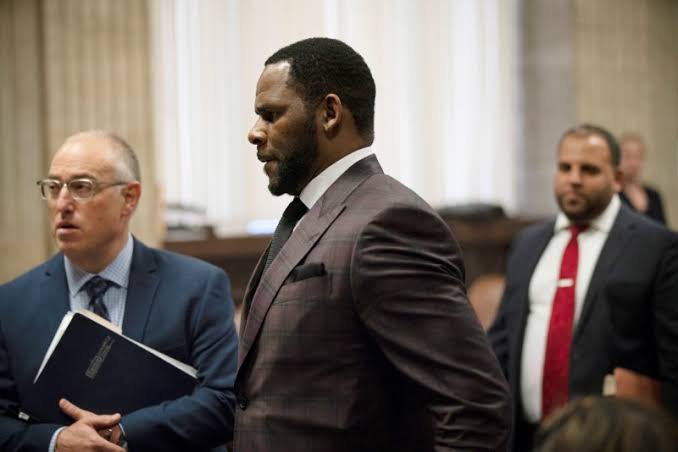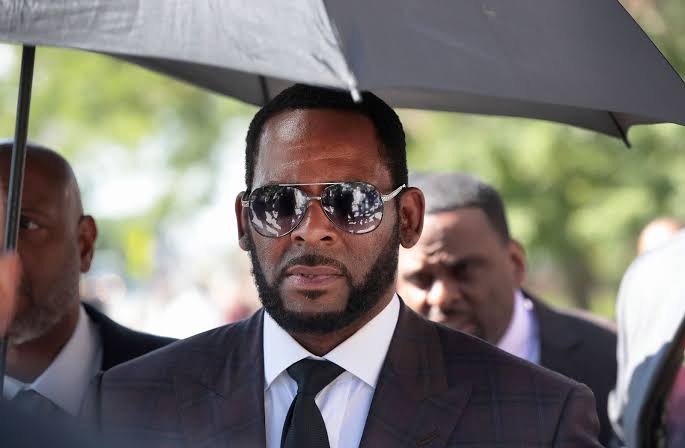The 7th U.S. Circuit Court of Appeals has delivered a resolute verdict, upholding the 20-year prison sentence imposed on R&B singer R. Kelly for child sex convictions in Chicago. The decision, announced on Friday, solidifies the outcome of a trial that captured national attention and marked a significant chapter in the legal saga surrounding the controversial artist.
Jurors, in a landmark ruling in 2022, found R. Kelly guilty on three charges of producing child sexual abuse images and three charges of enticing minors for sex. The court’s decision to affirm the jury’s verdict underscores the gravity of the offenses and the importance of accountability in cases of sexual exploitation and abuse.

Despite the court’s ruling, Kelly’s legal team has expressed disappointment with the outcome and indicated their intention to pursue further legal recourse. They announced plans to petition the U.S. Supreme Court for a review of the decision, signaling their unwavering commitment to challenging the conviction and securing a favorable outcome for their client.
This latest development adds another layer to R. Kelly’s complex legal entanglements, as he navigates a series of legal battles on multiple fronts. Presently serving a 30-year sentence in New York for federal racketeering and sex trafficking convictions, Kelly finds himself embroiled in a protracted legal ordeal that spans across state lines and encompasses a range of serious charges.
Also, read; Unveiling the Legacy of Black Wall Street: A Tale of Triumph and Tragedy
It is worth noting that R. Kelly has also initiated a separate appeal against his federal sentence in New York, further underscoring the complexity and contentious nature of his legal challenges. As the legal proceedings unfold, the outcome of these appeals will have far-reaching implications for both R. Kelly and the broader conversation surrounding accountability in cases of sexual misconduct and exploitation.

Amidst the legal intricacies and procedural maneuvers, the fundamental principles of justice and due process remain paramount. The resolution of R. Kelly’s legal battles will not only shape his personal fate but also resonate with broader societal debates on accountability, rehabilitation, and the protection of vulnerable individuals, particularly minors, from exploitation and harm.
As the legal saga continues to unfold, observers remain keenly attuned to the unfolding developments, cognizant of the profound impact that these proceedings will have on the lives of those involved and the broader implications for the pursuit of justice in cases of sexual abuse and exploitation.

